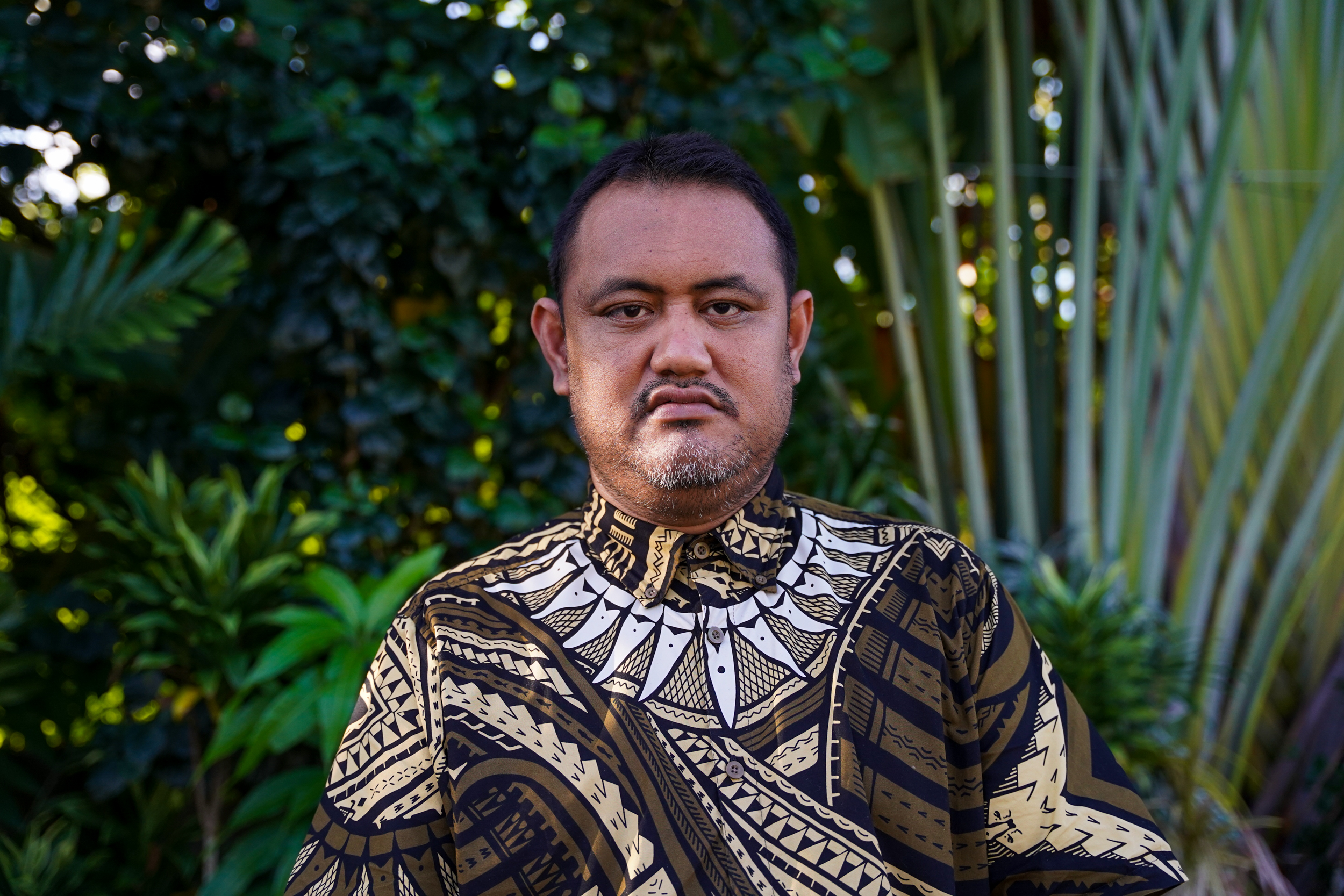
News
Breaking Barriers Through the Lens
DJP Fellow Sa Utailesolo Wants to Share His Video Production Knowledge with Others to Further the Cause of Disability Rights in Samoa
June 30, 2023
APIA, Samoa – Question: Tell me your name and which organization you are working for and your role and responsibilities.
Answer: My name is Sa. I’m from the village of Napier, and I’m a man, 41 years of age. I’m married and have one son. I work at NOLA [Nuanua O Le Alofa] as finance and administration. Fifteen years of my service to the organization. NOLA is a national advocacy organization here in Samoa. And also it’s the only OPD here in Samoa.
Question: What is your motivation to apply for the Disability Justice Project?
Answer: Because this program it’s help for us to do our work, like to advocate and make tools or videos to promote our rights of persons with disabilities.
Question: What challenges do you face when you tried to apply for this program or what challenges might you expect to come across when participating in this DJP program?
Answer: English is not our first language, but we try so hard to understand and they make things easy to understand. As a person who is visually impaired, it’s quite hard to see things like the demonstration, to explain things like seeing the cameras.
Question: So what are some of your expectations that you would like to achieve after joining this DJP?
Answer: One of the expectations, it’s to know how to make or produce a video and also how to write the stories that go along with the videos.
Question: Tell me about your plan, after obtaining this program.
Answer: First thing when I return back to our office, it’s to make a video. The other thing is to train and share my knowledge with other colleagues. And also to make more videos so you can get better and better for making a documentary or promotional materials for ours. Like, I said, this is a good experience to promote our organization and also our work to the community and the country.
Question: What is your message to other people with disabilities out there who also might want to participate in such a program like DJP?
Answer. This is an amazing project to promote our rights. This is the first training for the Pacific region, so I think it’s nice to have another opportunity for our Pacific people. If they had other opportunities for a disability community here in the Pacific, I’d like them to use wisely the opportunity if they got the chance to participate.
DJP Fellow Melvina Voua is involved in many volunteer activities with youth groups, women’s groups and people with disabilities in her community. She is a member of People with Disability Solomon Islands (PWDSI), the umbrella body of organizations for people with disabilities in the Solomon Islands. @2023 PWDSI. All rights reserved.
News From the Global Frontlines of Disability Justice
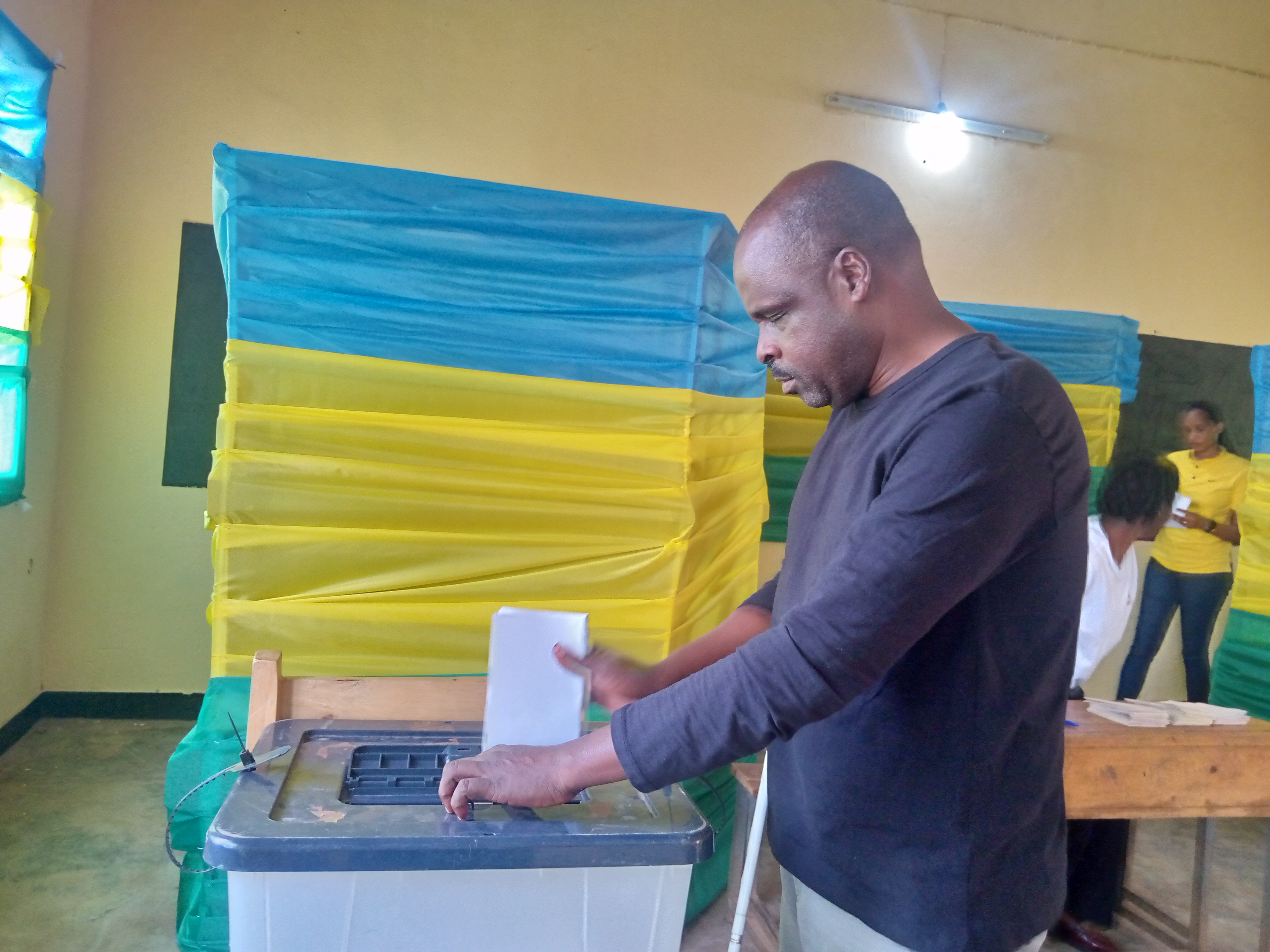
Advancing Democracy
Rwanda has made significant progress in making its elections more accessible, highlighted by the July 15 general elections where notable accommodations were provided. This was a major step forward in disabled Rwandans’ quest for equal rights and participation. “You cannot imagine how happy I am, for I have voted by myself and privately as others do accessibly,” says Jean Marie Vianney Mukeshimana, who used a Braille voting slate for the first time. “Voting is a deeply emotional and meaningful experience for a person with any disability in Rwanda, reflecting a blend of pride, empowerment, and hope.”
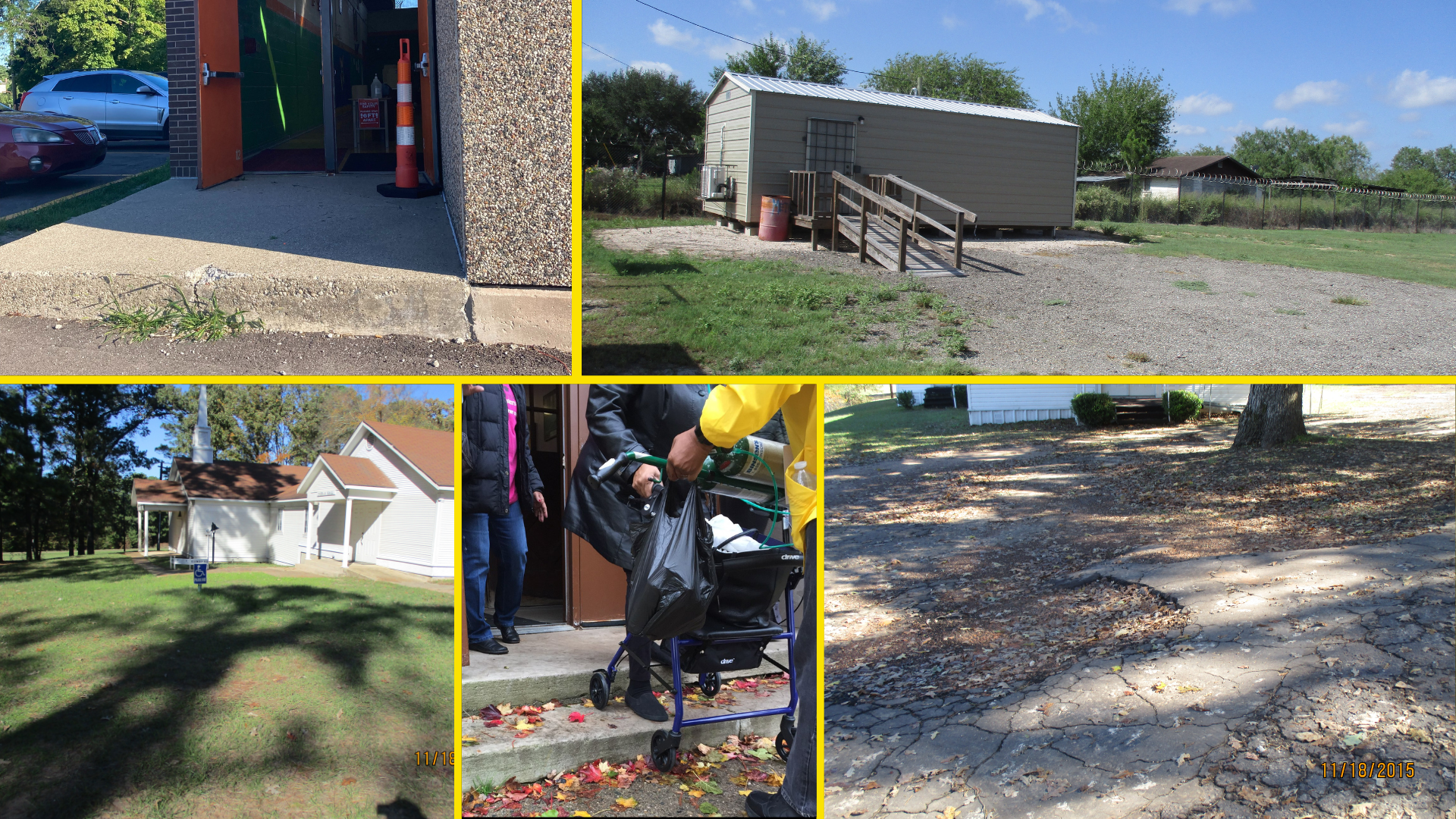
Barriers to the Ballot
Despite legislation like the Americans with Disabilities Act, barriers at the polls still hinder — and often prevent — people with disabilities from voting. New restrictive laws in some states, such as criminalizing assistance with voting, exacerbate these issues. Advocacy groups continue to fight for improved accessibility and increased voter turnout among disabled individuals, emphasizing the need for multiple voting options to accommodate diverse needs. ““Of course, we want to vote,” says Claire Stanley with the American Council of the Blind, “but if you can’t, you can’t.”
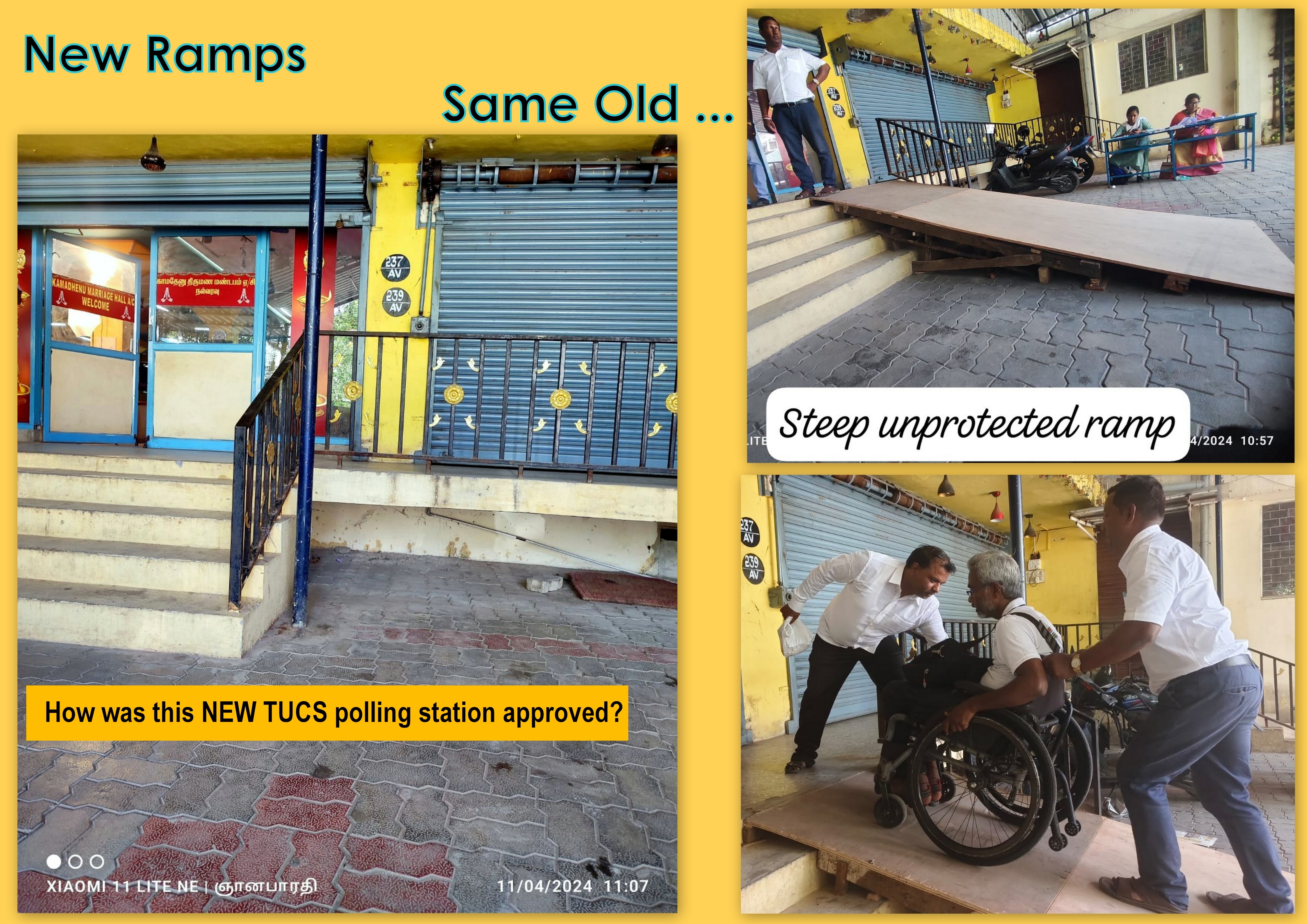
Democracy Denied
In 2024, a record number of voters worldwide will head to the polls, but many disabled individuals still face significant barriers. In India, inaccessible electronic voting machines and polling stations hinder the ability of disabled voters to cast their ballots independently. Despite legal protections and efforts to improve accessibility, systemic issues continue to prevent many from fully participating in the world’s largest democracy. “All across India, the perception of having made a place accessible,” says Vaishnavi Jayakumar of Disability Rights Alliance, “is to put a decent ramp at the entrance and some form of quasi-accessible toilet.”
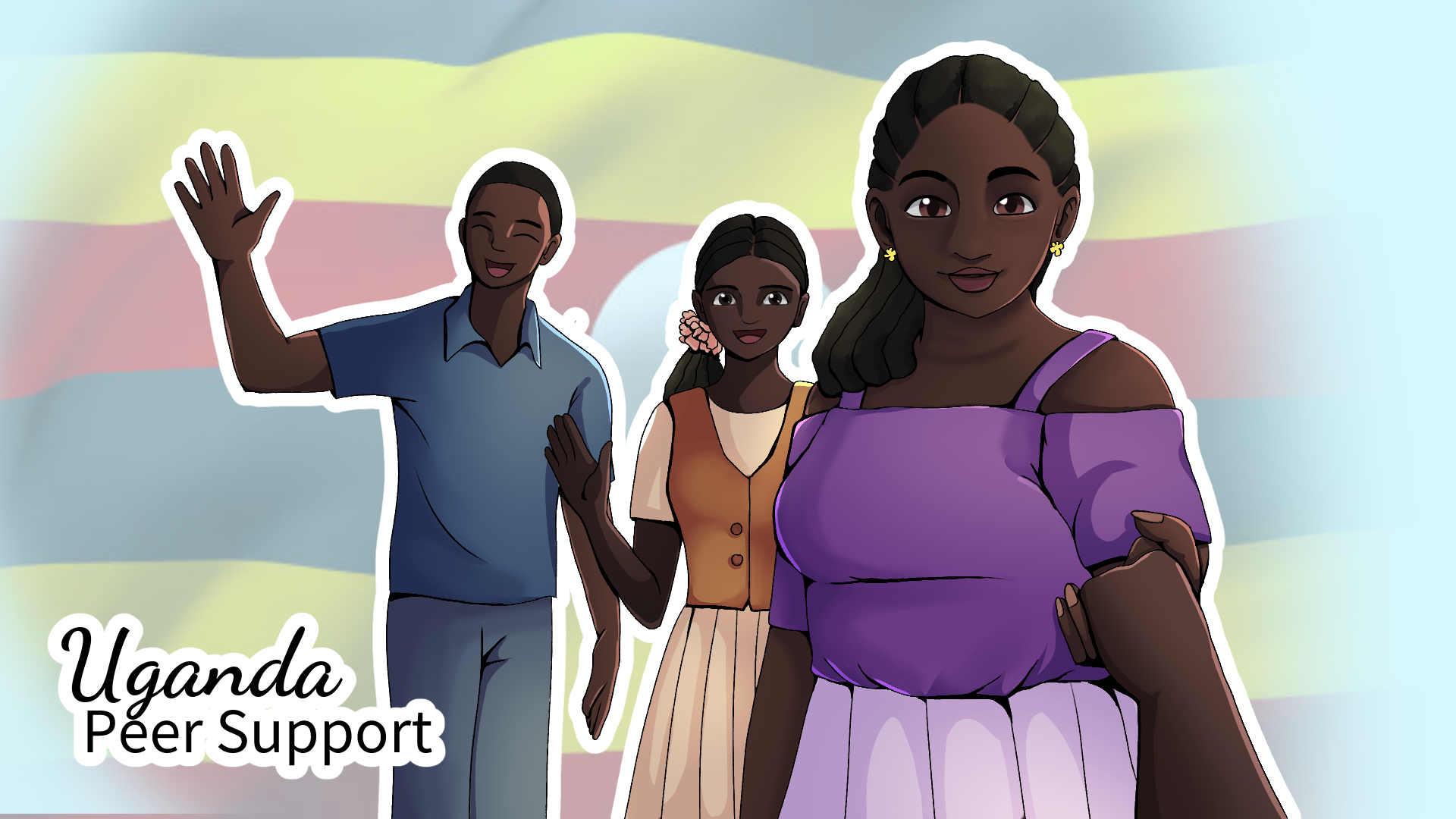
Triumph Over Despair
DJP Fellow Esther Suubi shares her journey of finding purpose in supporting others with psychosocial disabilities. She explores the transformative power of peer support and her evolution to becoming an advocate for mental health. “Whenever I see people back on their feet and thriving, they encourage me to continue supporting others so that I don’t leave anyone behind,” she says. “It is a process that is sometimes challenging, but it also helps me to learn, unlearn, and relearn new ways that I can support someone – and myself.”
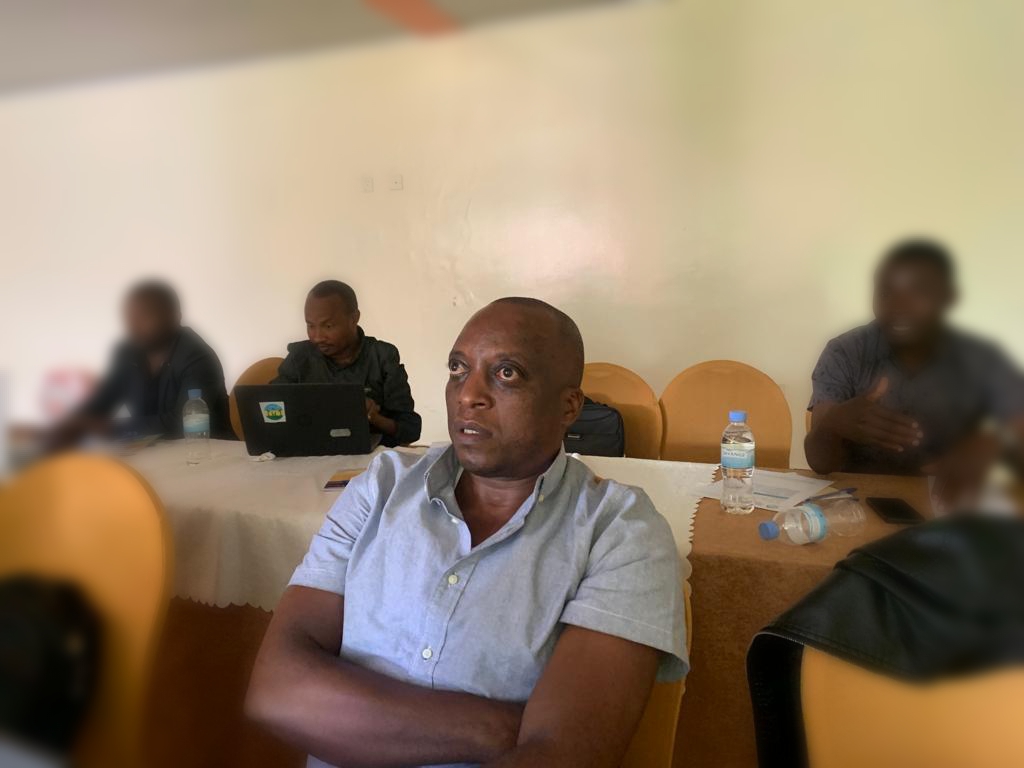
‘Our Vote Matters’
As Rwanda prepares for its presidential elections, voices like Daniel Mushimiyimana’s have a powerful message: every vote counts, including those of citizens with disabilities. Despite legal frameworks like the UN Convention on the Rights of Persons with Disabilities, challenges persist in translating these into practical, accessible voting experiences for over 446,453 Rwandans with disabilities. To cast a vote, blind people need to take a sighted relative to read the ballot. An electoral committee member must be present, violating the blind person’s voting privacy. “We want that to change in these coming elections,” says Mushimiyimana.
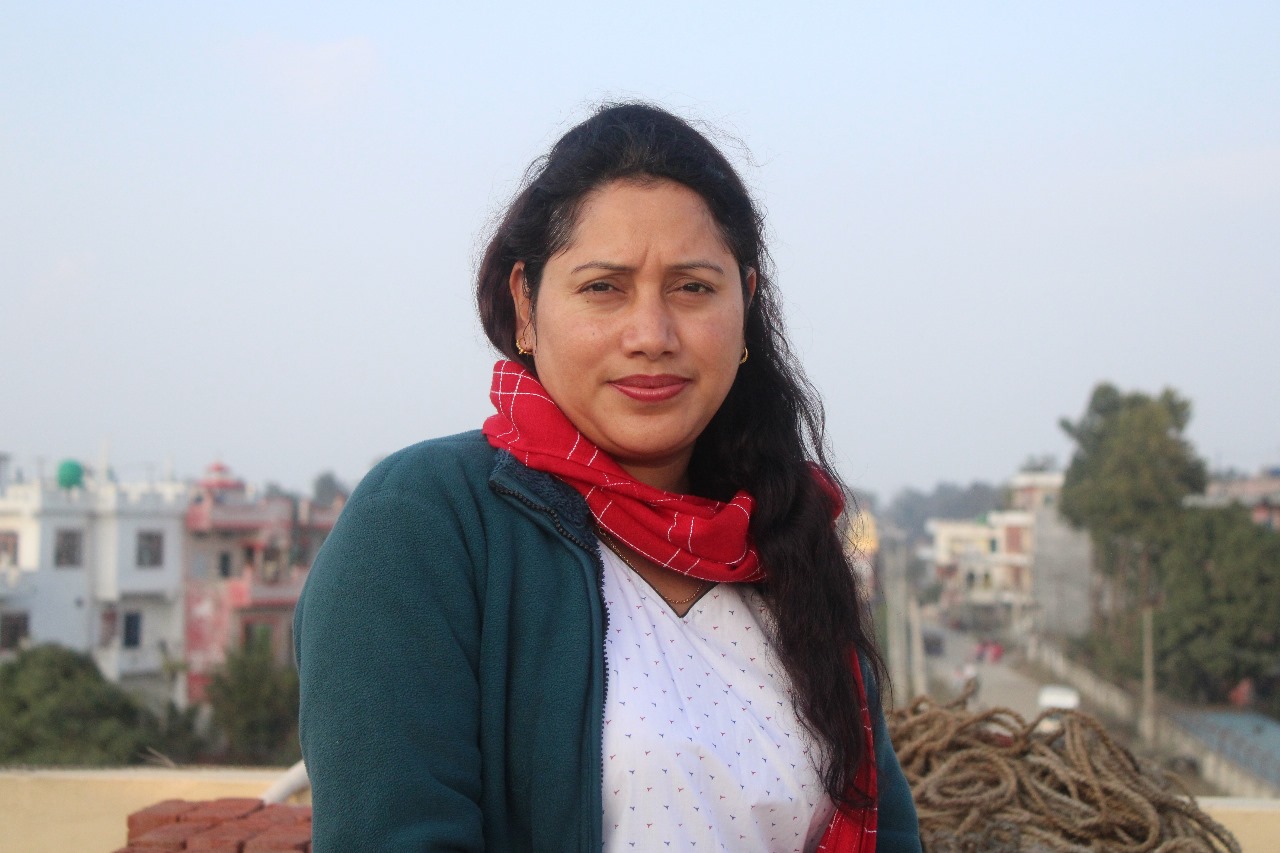
Voices Unsilenced
Often dismissed as a personal concern, mental health is a societal issue, according to Srijana KC, who works as a psychosocial counselor for the Nepali organization KOSHISH. KC’s own history includes a seizure disorder, which resulted in mental health challenges. She faced prejudice in both educational settings and the workplace, which pushed her towards becoming a street vendor to afford her medications. Now with KOSHISH, she coordinates peer support gatherings in different parts of Nepal. “It is crucial to instill hope in society, recognizing that individuals with psychosocial disabilities can significantly contribute,” she says.